In recent years, the automotive industry has witnessed a significant shift towards electric vehicles (EVs). This transition has been driven by a growing global concern for the environment, as well as advances in technology that have made EVs more accessible and affordable. The popularity of EVs is not just limited to environmentalists and tech enthusiasts, but also to everyday car buyers who are attracted by the low operating costs, reduced emissions, and smooth driving experience. With major automakers investing heavily in research and development, the future of the automotive industry is undoubtedly electric. In this article, we will explore how EVs are revolutionizing the automotive industry, the benefits they offer, and the challenges that lie ahead. From range anxiety to charging infrastructure, we will delve into the key issues facing the EV market and examine what the future holds for this game-changing technology.
EV, the Basics : 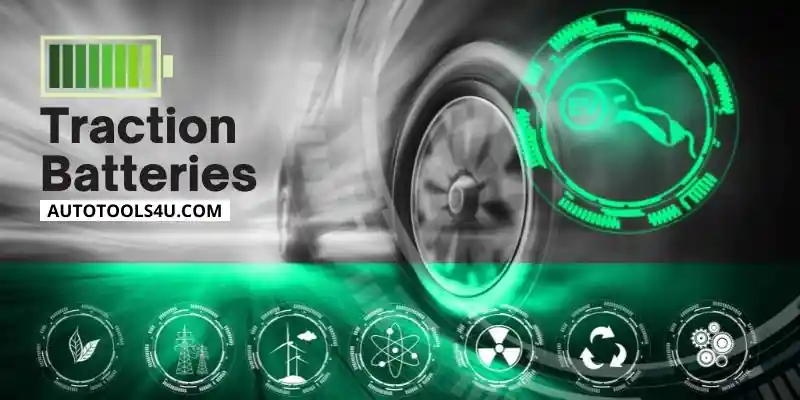
- Every electric car is powered by a large battery called the traction battery.
- The batteries are the heart of an electric car and they’re expensive, heavy, complicated, and expensive to replace when they wear out. You may think that as long as you keep your car charged up, you don’t have to worry about it until the battery dies. But even though the battery in your car can last many years on average (depending on how much you drive), it will eventually need to be replaced at some point—and that can cost anywhere from $5K-$10K depending on where you live and which model of electric vehicle (EV) you own.
Greener Carbon Footprint with no emissions :
One of the most significant advantages of electric cars is that they generate fewer emissions than most vehicles. The main source of pollution from gasoline cars is their tailpipe emissions, which include carbon monoxide, hydrocarbons, and nitrogen oxides. Electric cars produce zero tailpipe emissions. In addition, there are no emissions when an electric car is charging its battery (only electricity), and also very little as a result of regenerative braking—when you put on the brakes to slow down or stop your vehicle—and coasting in neutral gear with no engine running.
EV, The price compatibility: 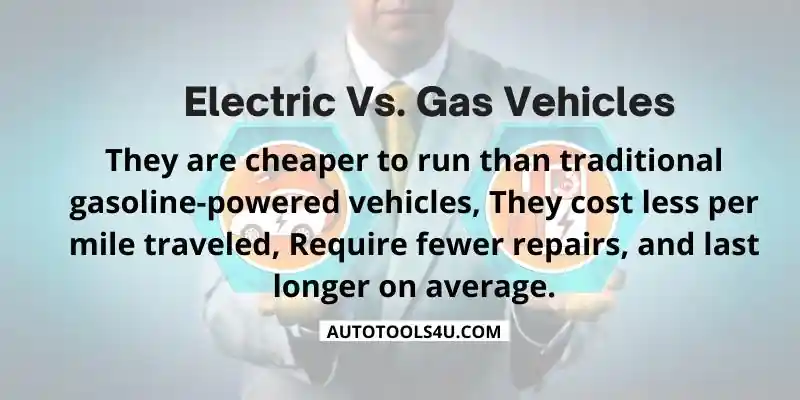
Electric cars have come a long way in the last few years, and they’re now available at prices that are comparable to or even cheaper than regular fossil fuel-powered cars. Electric cars are good for the environment because they don’t contribute to greenhouse gas emissions and can be recharged using electricity generated from renewable sources such as wind or solar power. They’re also cheaper to run than traditional gasoline-powered vehicles because they cost less per mile traveled, require fewer repairs, and last longer on average (about twice as long).
EV, Turns Braking into Running : 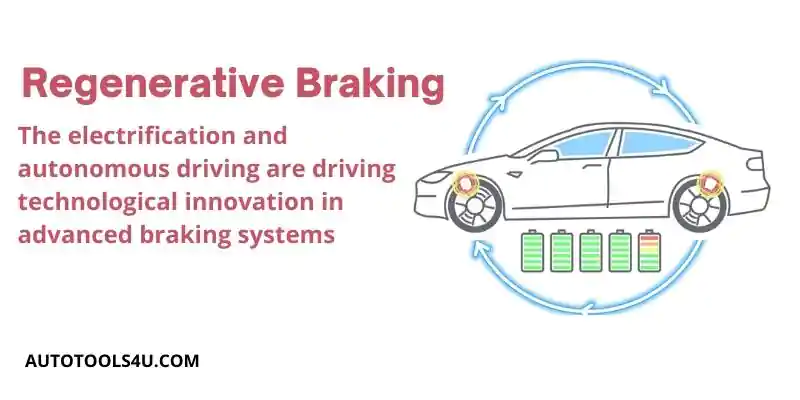
Electric vehicles are more efficient than traditional automobiles when traveling long distances thanks to regenerative braking that converts kinetic energy into electricity while slowing down or stopping your car. That same technology allows you to use power stored in your vehicle’s battery pack rather than wasting it as heat through friction brakes like most internal combustion engines do when coming to a stoplight (which is why electric vehicles don’t need them).
EV, the Cost of Running : 
It’s true. Electric cars are cheaper to run than gasoline-powered ones, even after you factor in the purchase price of an electric vehicle. To understand why that is, you have to know a little bit about how electricity works.
Electricity costs a lot less than gasoline because it’s produced by large-scale generators that can use cheap sources of energy like coal or natural gas. They charge customers according to how much they use and not at all based on what kind of fuel they’re burning. In other words, your utility company doesn’t care if you drive an EV or gas guzzler because they get their power either way (and so do you).
In fact, many experts predict that electric vehicles will cost even less than traditional ones over time—and this has already been proven in many places around the world where electricity prices have gone up recently due in part to government regulation aimed at reducing carbon emissions from power plants.
Hybrid Vehicles, The best of Both : 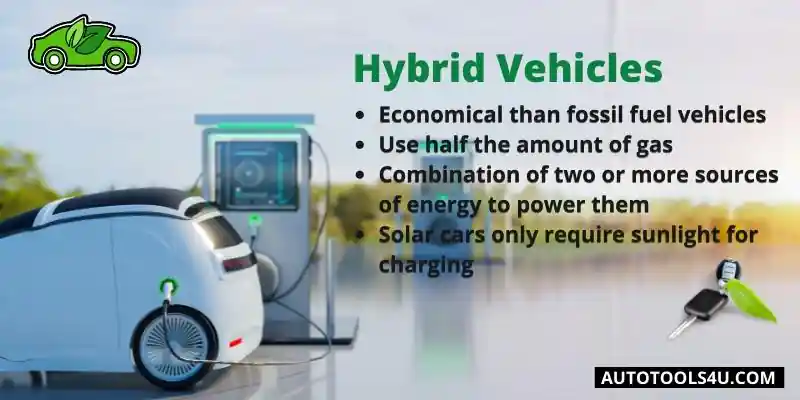
Even hybrid electric cars are more economical than fossil fuel vehicles. They use half the amount of gas, and their batteries can be recharged from any outlet. Hybrid engines are also more efficient than other types of engines because they use a combination of two or more sources of energy to power them, such as gasoline and electricity. Whereas hydrogen cars require electrical charging stations at every fueling station (which is expensive), solar cars only require sunlight for charging–meaning that there is no cost associated with this method either!
EVs, Salient Point, and Going Forward : 
If you’re looking to buy an electric car, there are a few things that you should know before making a decision. Electric cars are becoming more popular every year as they become affordable, efficient, and powerful. Although electric cars have been around for many years, they have only recently become mainstream and practical for everyday driving.
There are several reasons why electric cars are so popular these days:
- They’re affordable
- They’re clean and environmentally friendly
- They’re convenient – no need to stop at gas stations!
You’ll be able to do more with your electric vehicle than ever before. The future of electric vehicles will include all kinds of new technologies and features that we can’t even imagine yet. For example, your car may have a neural network that recognizes its driver’s face, so it knows whether you’re going to bed or not. Or it could have an enhanced GPS system that shows you where the nearest charging station is and how long it would take to get there if you drove your current vehicle right now (which might be faster or slower depending on traffic).
The cost of electric cars will also go down over time as technology improves and battery production increases—so buying an EV today will save money in the long run! And since they don’t require gas stations or oil changes, they’re easier to maintain–not hard like a lawnmower at all! Electric cars are also safer because they don’t use fossil fuels like gasoline; instead they use electricity generated by solar panels on rooftops around town which makes them run cleaner than any other type available today!
EVS, Forget the Fossil Fuels and Dependency : 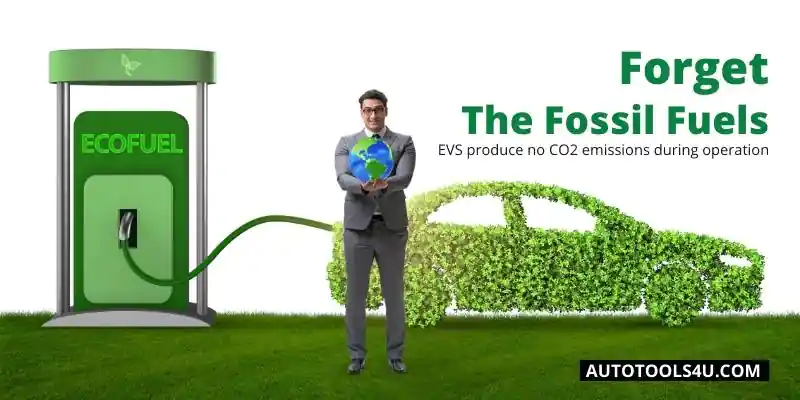
One of the biggest benefits of electric cars is that they don’t rely on fossil fuels. Unlike gas-powered cars, which run on gasoline and diesel and emit carbon dioxide (CO2) into the atmosphere, electric vehicles are powered by electricity generated from renewable sources.
Electricity can be generated from a variety of different sources, including solar power, wind turbines, nuclear reactors, hydroelectric dams, and geothermal resources. Many people choose to install home solar panels in order to charge their cars with clean energy generated right at home!
The efficiency of an electric vehicle compared to a conventional car is another benefit of going green: because they produce no CO2 emissions during operation they’re able to travel farther distances while using less energy than standard internal combustion engine (ICE) vehicles.
EVs, the Market is Growing Rapidly (We mean it) : 
The electric car market is rapidly growing with the help of plenty of new options for drivers to choose from. The industry has been growing at such a rapid pace, in fact, that it’s expected to hit one million sales this year—a milestone that would be reached years ahead of schedule.
This growth is happening despite the fact that electric cars still account for only about 1% of global vehicle sales today.
Conclusion:
The electric car market is rapidly growing with the help of plenty of new options for drivers to choose from. If you’re interested in buying an electric vehicle, you should know that there are a few things to keep in mind before making your decision. The most important thing to consider is whether or not the vehicle will fulfill all of your needs and if it will actually save money on gas costs over time.
